This seminar has closed for applications.
The schedule for the translation and machine translation seminar in 2019 is as follows.
June 7, 2019 (Friday), June 26, 2019 (Wednesday), July 19, 2019 (Friday),
August 21, 2019 (Wednesday), September 20, 2019 (Friday), October 16, 2019 (Wednesday),
November 15, 2019 (Friday), December 11, 2019 (Wednesday), January 24, 2020 (Friday),
February 12, 2020 (Wednesday)
Open Seminar Scheduled
———————————————————————————————————————
On April 17, 2019 (Wednesday) at Human Science Co., Ltd. (Shinjuku, Tokyo)
Learn from Case Studies! Trados/Memsource/memoQ Translation Memory and Glossary Creation Know-How Seminar
will be held.
We will share the key to improving the QCD (Quality, Cost, Delivery) of translations by utilizing translation support tools such as Trados Studio, Memsource, and memoQ, which is "Know-how for Creating and Maintaining Translation Memories and Glossaries"!
Overview
Many companies have introduced translation support tools (CAT tools) such as Trados Studio, Memsource, and memoQ to improve translation productivity and reduce translation costs, but it seems that they have not achieved the expected results.
One of the challenges in the operation of translation support tools in such companies is the point that "translation memories and glossaries are not being utilized effectively".
For example, do you have any concerns like the following?
・Different expressions are mixed within the translation memory, so the translated text cannot be reused as is.
・The creation and management of translation memories are left to translation companies and translators, and they are not being capitalized as assets.
・I feel that the translation quality varies depending on the manuals and documents.
・There are no specific rules or standards for translation, and each translator or translation company translates according to their own policies.
There is a glossary, but it is not very useful because various terms are mixed together.
If translation memories and glossaries are not properly managed and utilized, the greatest benefit of introducing translation support tools, which is the accumulation and reuse of past translation assets, cannot be realized, resulting in a waste of valuable resources.
In this seminar, we will introduce the approach and specific points for creating and maintaining translation memories and glossaries based on two case studies from industrial equipment manufacturers and universities.
Why not take this opportunity to review the contents, management, and operational rules of your translation memory and glossary?
This content will be helpful for those who want to introduce translation support tools. If you are considering specific actions to improve translation memory and glossaries, please join us.
After the seminar, we will offer individual consultations as needed.
Please check the "Request for Individual Consultation" box on the application form.
Feel free to join us!
Past Seminar Highlights
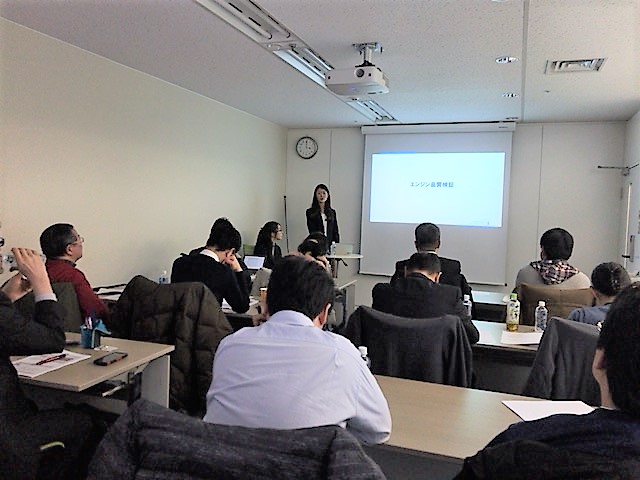
Event Details
- Date and Time
-
- April 17, 2019 (Wednesday) 2:00 PM - 4:00 PM
- *Individual Consultation (for those who wish to participate): 4 PM -
- * Reception starts at 1:45 PM ~
- Location
- Human Science Corporation Conference Room
2-7-1 Nishi-Shinjuku, Shinjuku-ku, Tokyo, 13th Floor, Odakyu Dai-ichi Seimei Building >>Access
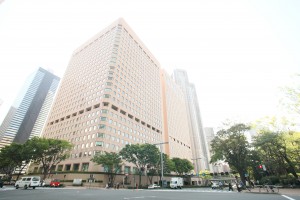
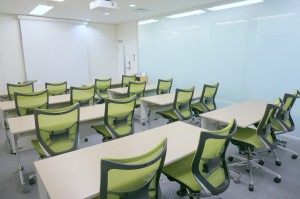
- Cost
- Free
- Capacity
-
- 14 people
- * If the number of participants exceeds the limit, a lottery will be held.
Application
- Please apply for participation in this seminar using the form below.
- We will get back to you from our representative.
Application Deadline: Friday, April 12, 2019
- *We allow up to two participants from the same company.
- *There is a possibility of cancellation if the minimum number of participants is not reached.
- We will contact you about one week in advance in case of cancellation.
- *If there are many participants, a lottery will be held.
Program
Lecture: 75 minutes
- ・Common Issues with Translation Memory and Glossaries
- ・[Workshop] Visualization of Current Issues through Self-Diagnosis of Current Translation Memory and Glossary
- ・Translation Memory・Glossary Creation・Approach for Maintenance・Key Points
- ・Translation Memory・Creation and Maintenance of Glossaries・Case Studies
(Industrial Equipment Manufacturer A, National University B)
Q&A: 10 minutes
Individual Consultation (First 2 Applicants)
Eligible Persons
- ・Individuals involved in translation work for documents (user manuals, manuals, specifications, technical materials, materials for distributors, etc.) in the development department, manuals, and translation department of manufacturers.
- ・Those who have challenges with the quality and management of translation memory and glossaries・
- ・Those who have already implemented translation support tools but are not having success
- - Those considering the introduction of translation support tools
- For those considering improving productivity, efficiency, and standardization in the translation/manual creation process.
- Participation from competing companies and individuals may be declined.
- *We allow up to two participants from the same company.
Instructor
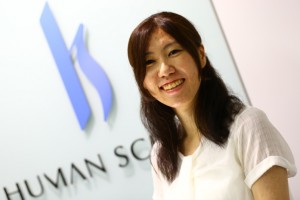
Tokuda Megumi
- ・Technical Writer / Localization Engineer / Machine Translation Consultant
- ・Engaged in projects for creating documentation for overseas markets, from Japanese manual creation to English and multilingual expansion
- ・As a machine translation consultant, we also provide consulting for the introduction of machine translation and process development for Japanese companies.
- ・Since 2013, has participated as a speaker in various domestic and international events such as JTF, AAMT, TAUS, and TC Symposium
- ・2014 AAMT*2 "Mastering Machine Translation - For Improving Quality and Productivity"
- ・2015 TAUS*3 "Possibilities of Utilizing Japanese MT Engines in Industrial Translation"
- ・2015 JTF *1 Translation Festival "Best Practices for Topic Document Translation Revealed from DITA and CMS Implementation Case Studies"
- ・2017 Japan Tech Center "Improving the Quality of Technical Documents for Overseas"
- ・2017 Nikkan Kogyo Shimbun "Improving Quality and Productivity of Technical Documents for Overseas Markets"
- ・2018 TC Symposium "Learning from 10 Companies! - Challenges and Solutions in Implementing Machine Translation"
- *1 Japan Translation Federation
- *2 Asia-Pacific Machine Translation Association
- *3 Translation Automation Users Society
- *4 Organized by the General Incorporated Foundation Technical Communicators Association
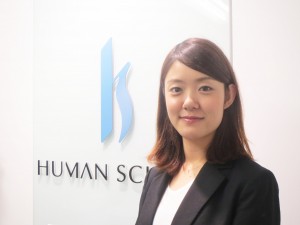
Yuriko Sawada
- ・Japanese-English and Multilingual Translation Coordinator
- ・As a localization specialist, engaged in translation projects from Japanese to English and multilingual versions.
- Responsible for the introduction of machine translation, quality evaluation and verification of multiple engines, and information exchange with engine vendors.
- Involved in the standardization of English quality and the creation of style guides for companies, as well as conducting research and verification of source texts that are easy to machine translate.
- ・Since 2014, regularly held seminars on "Mastering Machine Translation" hosted by Human Science
- ・2015 JTF *1 Translation Festival "Best Practices for Topic Document Translation Revealed from DITA and CMS Implementation Case Studies"
- ・2018 TC Symposium "Learning from 10 Companies! - Challenges and Solutions in Implementing Machine Translation"
- *Japan Translation Federation



